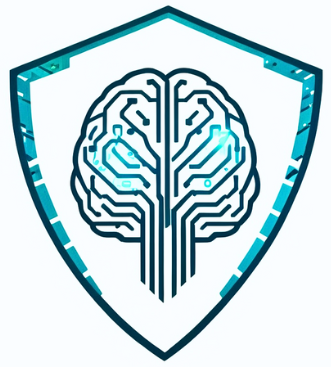Understanding the Importance of Cybersecurity for Everyone
Cybersecurity is often perceived as a domain primarily associated with IT professionals or multinational corporations. However, the reality is that cybersecurity is a pressing concern for everyone, including individuals, families, and small businesses. Today, as our lives become increasingly intertwined with technology, the array of online threats we face has multiplied significantly. Phishing attacks, identity theft, and malware infections are among the most common dangers that can affect everyday users, often leading to devastating consequences.
Phishing, a prevalent tactic employed by cybercriminals, involves the deceptive attempt to acquire sensitive information by masquerading as a trustworthy entity in electronic communications. According to recent statistics, around 4.1 billion phishing emails are sent each day, and a significant percentage of users unknowingly engage with these emails. Such interactions can lead to compromised personal data and substantial financial losses. Identity theft, which occurs when someone unlawfully obtains and uses another individual’s personal information, has also seen a notable surge. The Federal Trade Commission reported that identity theft complaints surged dramatically in recent years, emphasizing the critical need for individuals to recognize the risks associated with their online activities.
Moreover, malware, which refers to malicious software designed to harm or exploit a device, can infiltrate networks without detection and potentially lead to major data breaches. Small businesses are particularly vulnerable, as they may lack robust cybersecurity measures, making them attractive targets for cybercriminals. The ramifications of neglecting cybersecurity can extend beyond personal inconvenience; they can adversely affect one’s career, reputation, and finances.
To mitigate these threats, individuals must adopt a proactive approach toward their cybersecurity practices. This includes leveraging effective password management, being vigilant when it comes to suspicious emails or links, and regularly updating software. Fostering a mindset that prioritizes privacy and security is crucial in our digitally driven world. Emphasizing these practices can empower everyday users to navigate the online landscape safely and responsibly.
Practical Cybersecurity Tips for Everyday Users
In the digital age, the responsibility for personal cybersecurity lies primarily with the user. Adopting sensible behaviors can significantly enhance your online safety. One foundational tip is to use strong, unique passwords for each of your accounts. A reliable password manager can assist in generating and storing these passwords securely, eliminating the temptation to recycle passwords across multiple sites.
Safe browsing practices are another crucial aspect of cybersecurity. Always ensure that the websites you visit use HTTPS, as this indicates that the data exchanged is encrypted. Be cautious of public Wi-Fi networks; avoid logging into sensitive accounts when connected to them, as they are often susceptible to cyber-attacks. Instead, use a virtual private network (VPN) to encrypt your connection when you need to access the Internet in these environments.
Securing personal devices—such as laptops, smartphones, and tablets—can greatly reduce vulnerabilities. Regularly update your operating system and software to safeguard against known threats. Additionally, installing reputable antivirus and anti-malware software adds an extra layer of defense. Enabling automatic updates for these applications ensures you are always protected against the latest security vulnerabilities.
Recognizing suspicious emails or messages is imperative in today’s threat landscape. Be wary of messages that request personal information or prompt you to click on unexpected links. Always verify the sender’s email address, as cybercriminals often impersonate legitimate organizations to gain your trust. If something looks off, it is safer to delete the email or mark it as spam.
Moreover, numerous tools and resources are available to bolster your cybersecurity without requiring expertise. Organizations like the Cybersecurity & Infrastructure Security Agency (CISA) provide guidelines and best practices tailored for individuals and small businesses. Engaging with these resources can empower users to take proactive steps in building their cyber defenses.
